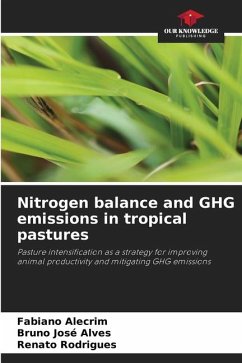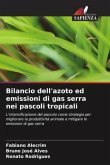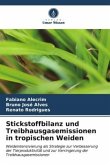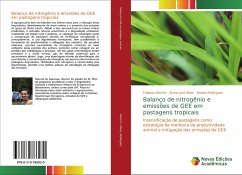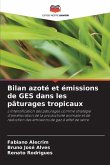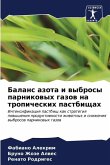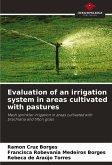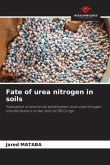In recent years, agriculture has contributed to the increase in degraded areas, deforestation of native areas and an increase in greenhouse gas emissions. Added to this are low production rates, poor economic returns and environmental degradation, resulting in rural exodus and poverty. The use of strategies such as pasture recovery through nitrogen fertilisation and, above all, the use of forage legumes, has made it possible to increase productivity and mitigate emissions. In extensive livestock farming, large quantities of nitrogen are returned to the environment through animal excreta, which can be cycled or lost through volatilisation and leaching. One of the intermediary gases in these processes is nitrous oxide, a gas with a high potential for global warming. Therefore, an approach that identifies the quantities and concentrations of nitrogen in cattle excreta in degraded pastures fertilised with nitrogen and intercropped with legumes allows for better adoption of emission mitigation strategies.
Bitte wählen Sie Ihr Anliegen aus.
Rechnungen
Retourenschein anfordern
Bestellstatus
Storno

